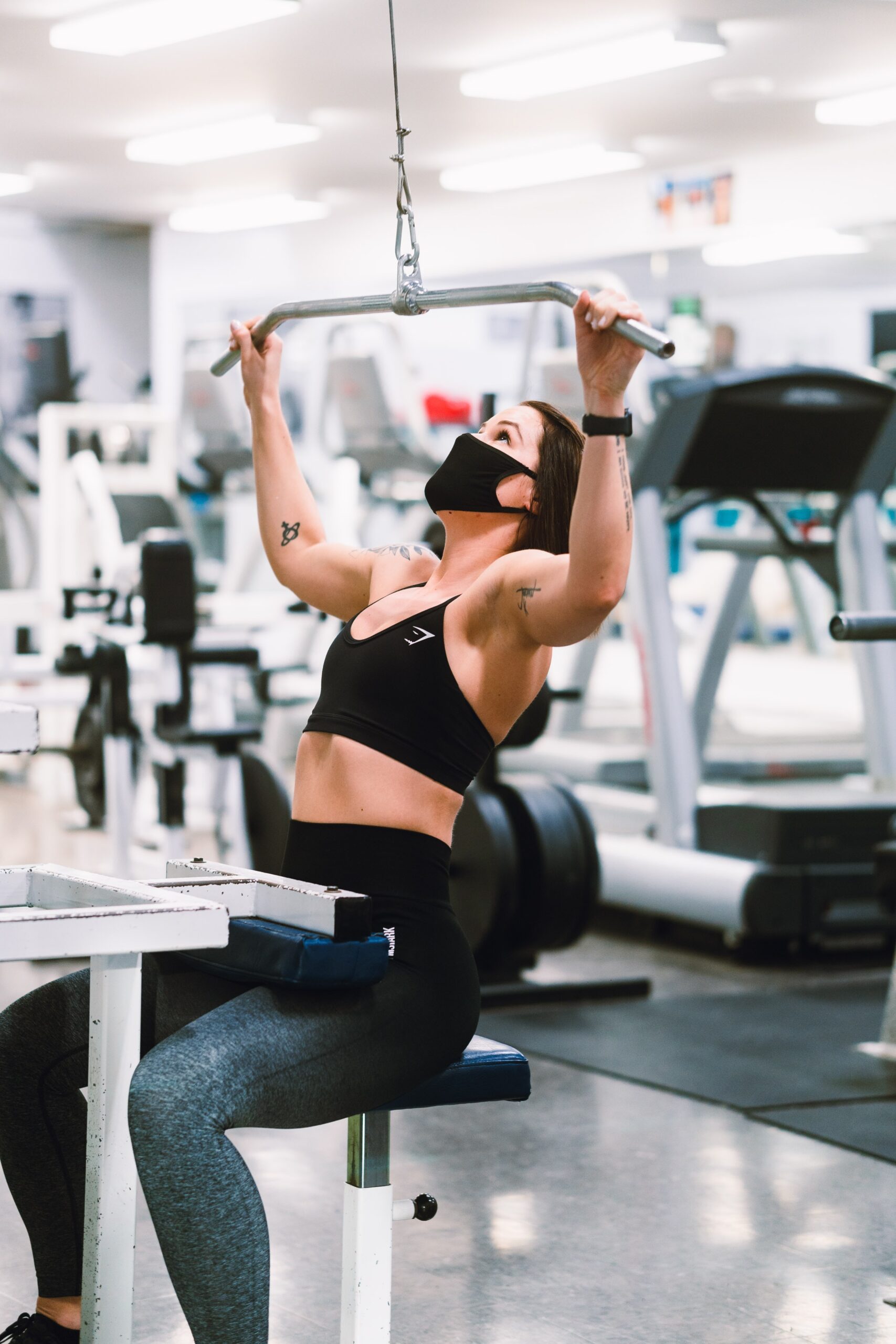Since the World Health Organization (WHO) confirmed that COVID-19 can spread via respiratory droplets from sneezing, coughing, and talking or through airborne transmission, face covers that can filter aerosol particles have become a part of everyone’s daily essentials wherever we go, and whatever we do.
While most people continue to keep safety and wellness concerns on their minds, one argument that has lingered on after a year of the pandemic is whether or not we should wear face masks while we are exercising.
All in your mind
There are a few factors that need to be considered why some may think that face masks hamper normal breathing or worse, trap airborne particles into its fabric and create more adverse effects.
Most feelings of paranoia probably stem from the anxiety and discomfort of wearing low-grade masks which are prevalent in the market today. Suction occurs when you inhale deeply, allowing a surgical or cloth mask’s fabric to obstruct your mouth and nose and impede your breathing. This can then cause dyspnea or shortness of breath especially when you’re exercising or performing other physical activities.
In this case, recommended masks, such as the ones produced by premier American providers The USA Mask Company, should be used as they are more efficient in filtering microparticles in the air while still ensuring proper airflow and comfort during exercise.
What experts recommend
In one recent study conducted by the Annals of the American Thoracic Society in November last year, it was found that while minimal events of dyspnea tend to rise while wearing face masks during exercise, N95 respirators will not impede one’s normal lung function. These types of masks are also what the Centers for Disease Control and Prevention (CDC) recommends for medical professionals both for their high level of efficiency (95%) and the comfort they provide for longer use.
KN95 respirators produced by American manufacturer The USA Mask Company are specifically designed to fit a wearer’s face perfectly. Each respirator has a five-layer filtration system that prevents microdroplets from being inhaled into the system while ensuring proper breathing. They are also noted to have very minimal effects on one's heart rate, respiration, blood pressure, and oxygen saturation whether at rest or in motion.
The bottom line is that experts have already unanimously agreed that N95 respirators do not impede our breathing during exercise. While they may cause some form of discomfort (as no one is used to wearing face masks throughout most of the day), their benefits significantly outweigh the risks that come from being infected with COVID-19.
Find out more about which masks you should be wearing when you exercise by visiting The USA Mask Company homepage.

